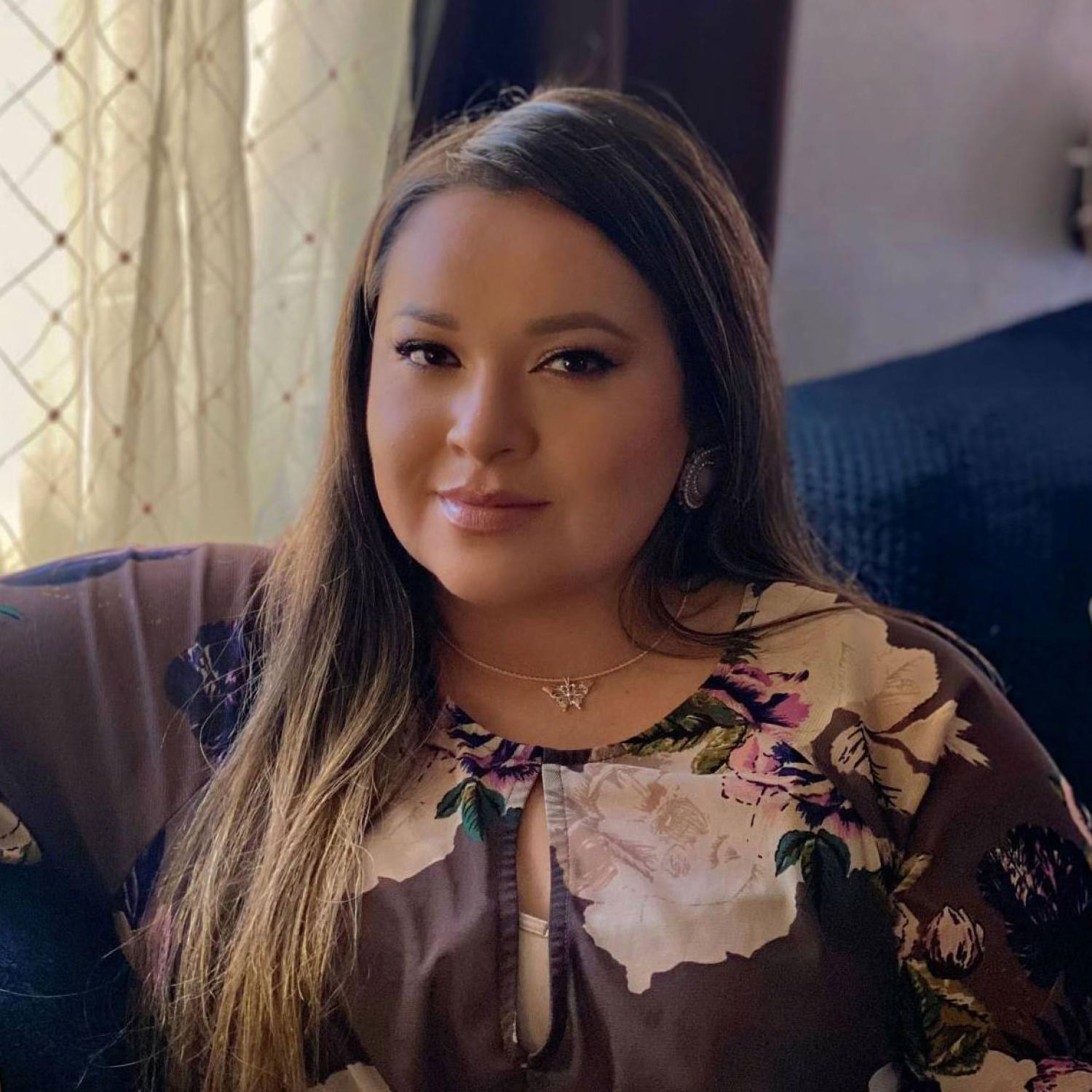Geography PhD student receives prestigious dissertation writing fellowship
Shelby Ross is one of this year’s 2025-2026 Elouise Cobell Dissertation Writing-Year Fellows
Shelby Ross, a PhD student in geography, has been named as part of the second cohort of the prestigious Elouise Cobell Dissertation Writing-Year Fellow, Indigenous Education, Inc. (IEI) announced last week.
The Elouise Cobell Dissertation Writing-Year Fellowship provides $30,000 in support over 12 months to up to ten American Indian and Alaska Native scholars who are completing their doctoral dissertations.

Shelby Ross is a PhD student in geography.
These distinguished recipients demonstrate exceptional academic performance, a commitment to advancing their chosen fields, and strong potential for future contributions as scholars and leaders. Each Fellow utilizes Indigenous research methodologies to enrich their academic disciplines, benefit their tribal communities, and engage meaningfully with their institutions of higher education.
“These ten Scholars truly embody the spirit of our namesake, Elouise Cobell, by dedicating their studies to ‘understand how the world works and question everything that comes before them’,” IEI President and CEO Melvin Monette-Barajas reflected in the organization’s press release.
John Garland, director of research and scholar success at IEI, agreed, adding, “Beyond their impressive academic accomplishments, these Fellows reflect the vision Elouise Cobell held for Indian Country. Success is not solely measured by achievement—it is a way of life rooted in lifting others and creating opportunities for Indigenous students and thriving tribal communities. The visibility of this Fellowship empowers future generations of Native scholars to envision their own success.”
Ross holds a master's degree in environmental science and engineering from Oregon Health & Science University and a bachelor's degree in conservation biology from Oglala Lakota College. She has extensive experience working with the Oglala Sioux Tribe's Natural Resources Regulatory Agency, focusing on forestry and mining, and has held numerous research appointments, including the North Central Climate Adaptation Science Center and the CU Boulder’s Natural Hazards Center. Additionally, Ross has been recognized with several awards, including the Native Forward Scholars Fund and the FEMA Region 8 Quick Respond Research.
Committed to environmental science and Indigenous health, Ross’s dissertation is dedicated to improving responses to climate change impacts on Native American health in the North Central region, which includes Montana, Wyoming, Colorado, North Dakota, South Dakota, Nebraska, Kansas and Iowa. Her dissertation employs mixed methods to center Native Americans as experts of their experiences, aiming to understand the effects of Extreme Weather Events (EWE) on health and healthcare access, particularly for those with Type 2 Diabetes. Through literature reviews, surveys, and interviews with Elders from the Pine Ridge Reservation, Ross investigates how Tribes are preparing for climate change, the differential impacts of EWEs, and the cultural connections to the land and Traditional Ecological Knowledge (TEK).
Ross's research highlights the importance of integrating TEK with academic evidence to address climate change and its health impacts on Indigenous communities. Her findings will contribute to the limited body of research on this topic and guide future actions to support tribal sovereignty and resilience. The dissertation is set to be completed by May 2026, with chapters published in peer-reviewed journals for wide accessibility.
Supported by the Cobell Board of Trustees, the Board of Directors of Indigenous Education, Inc., a dedicated network of Native mentors and scholars, and the Research and Scholar Success team, this fellowship cohort will contribute meaningfully to the future of doctoral research shaped by Indigenous perspectives and priorities.
Modeled after the nation’s most respected dissertation fellowships, the Elouise Cobell Dissertation Writing-Year Fellowship is distinct in its foundation: it is created, governed and guided by and for enrolled members of U.S. federally recognized tribes. It complements IEI’s already successful Graduate Summer Research Fellowship Program, further expanding opportunities for advanced Indigenous scholarship.
More information about the Eloise Cobell Dissertation Writing-Year Fellows is available on the Cobell Scholar Community’s website. Applications for their third cohort of Elouise Cobell Dissertation Writing-Year Fellows open on Sept. 1, 2025.


